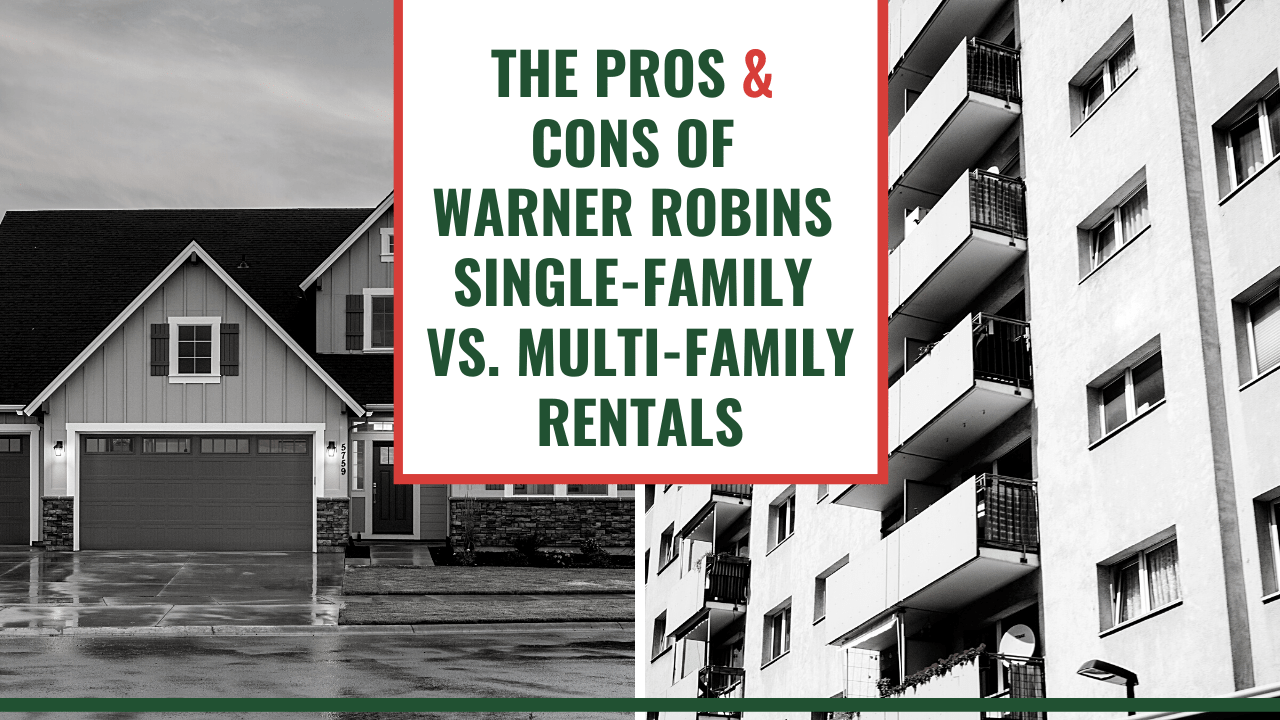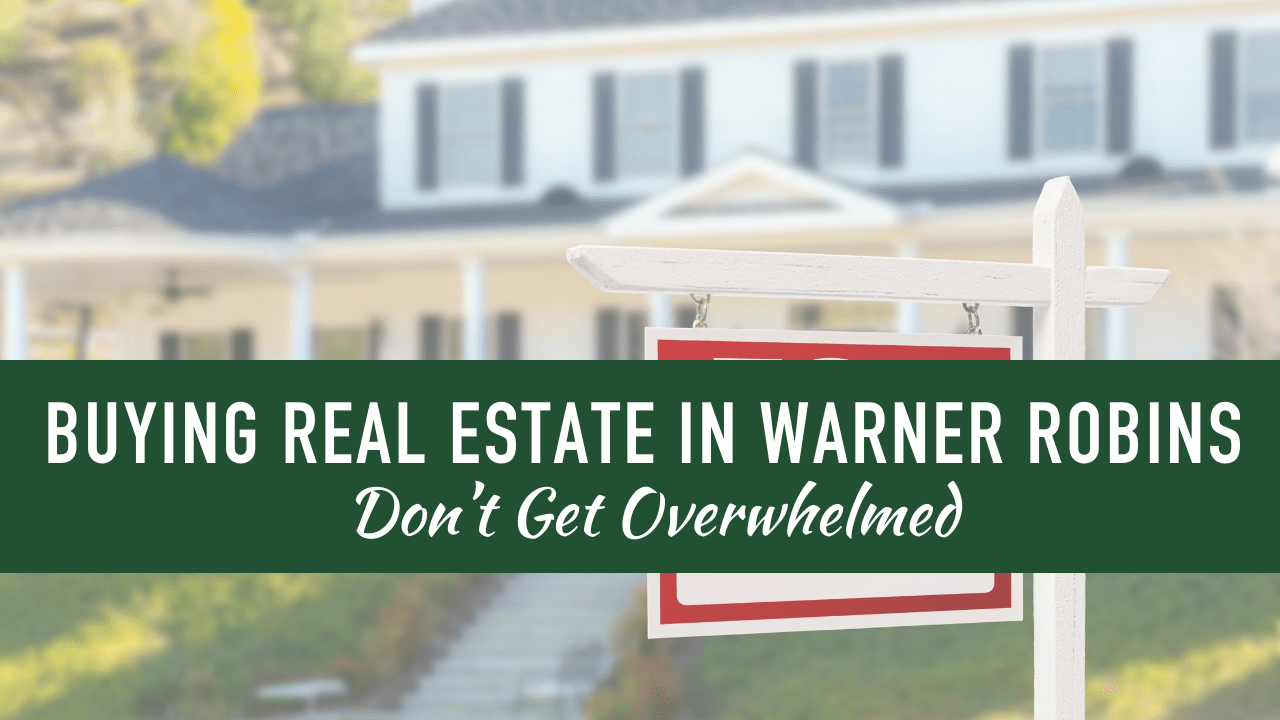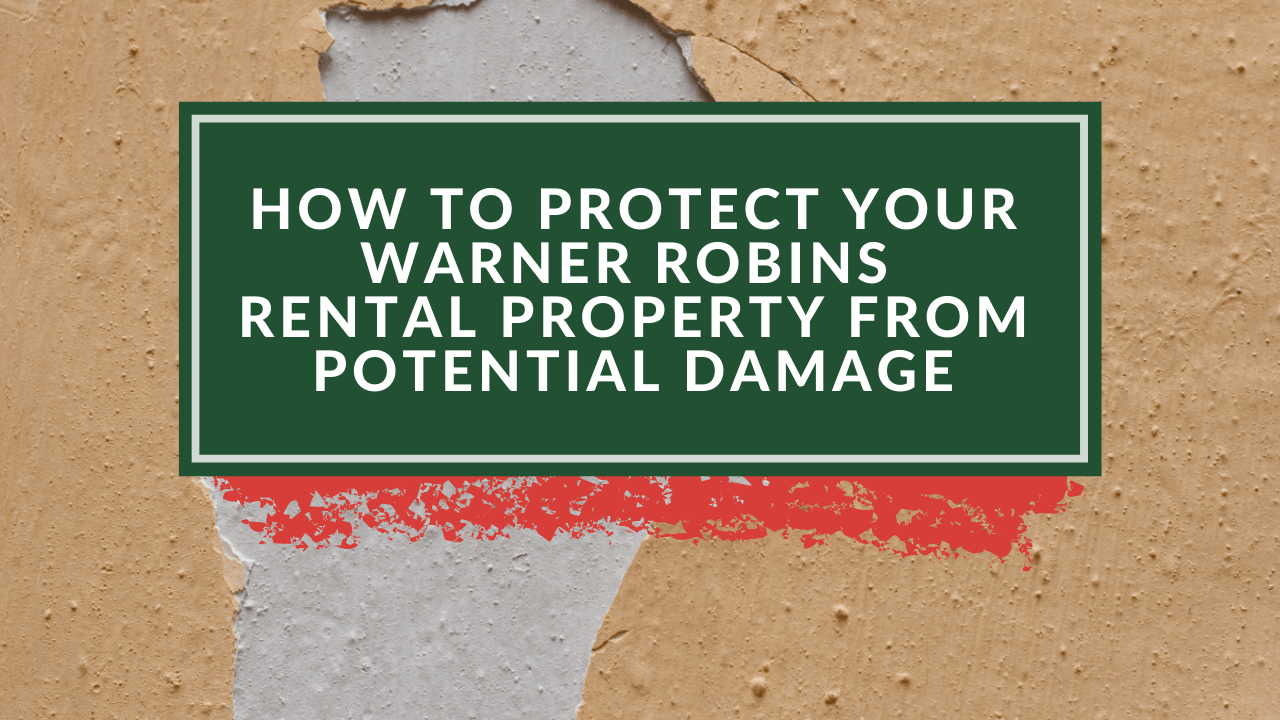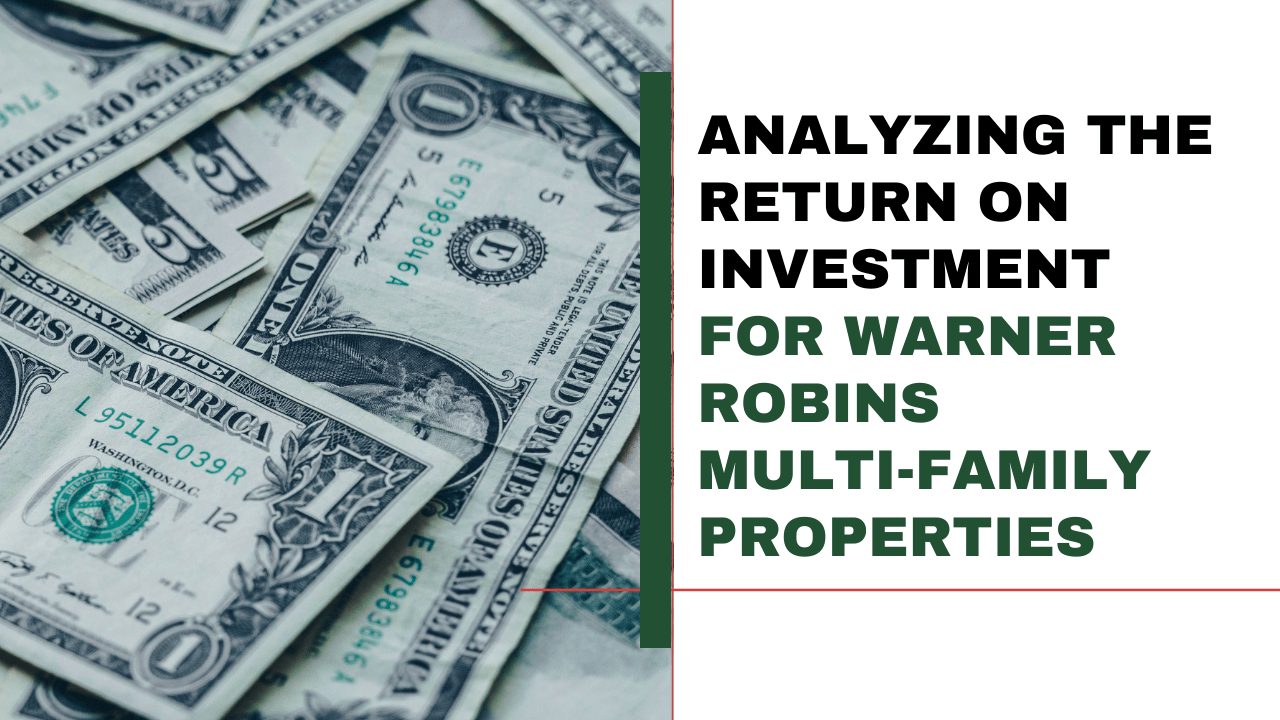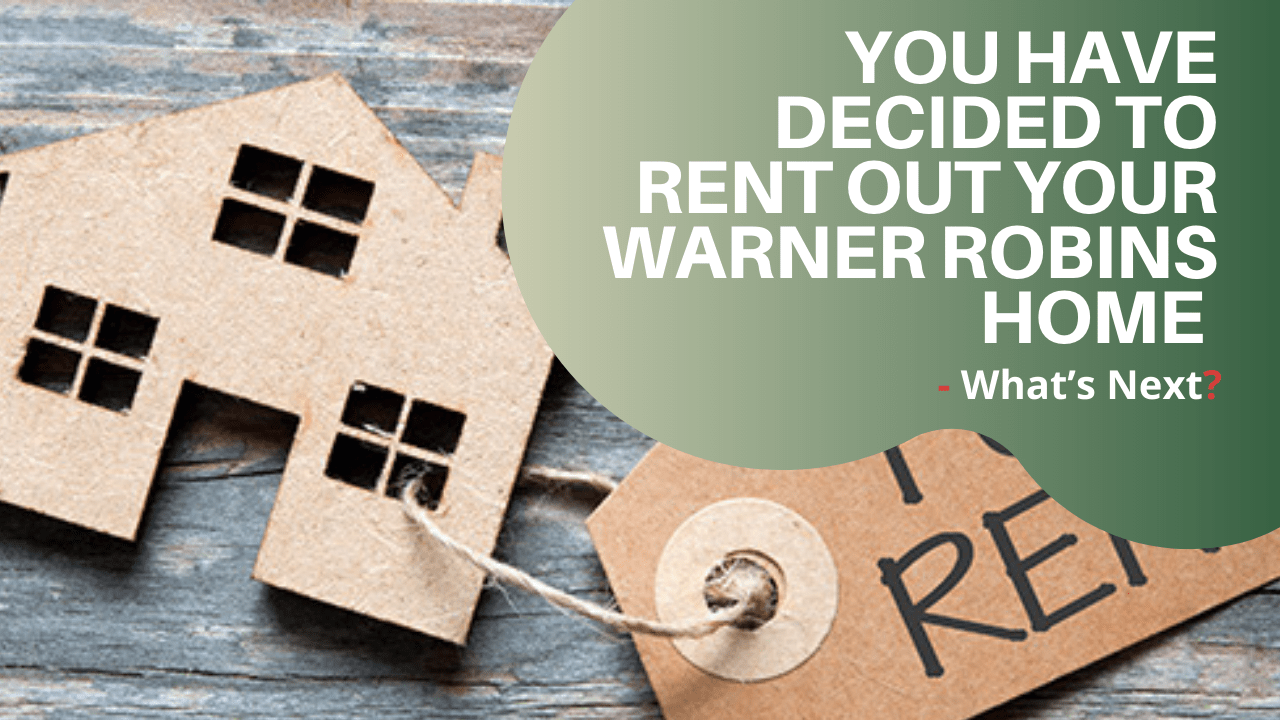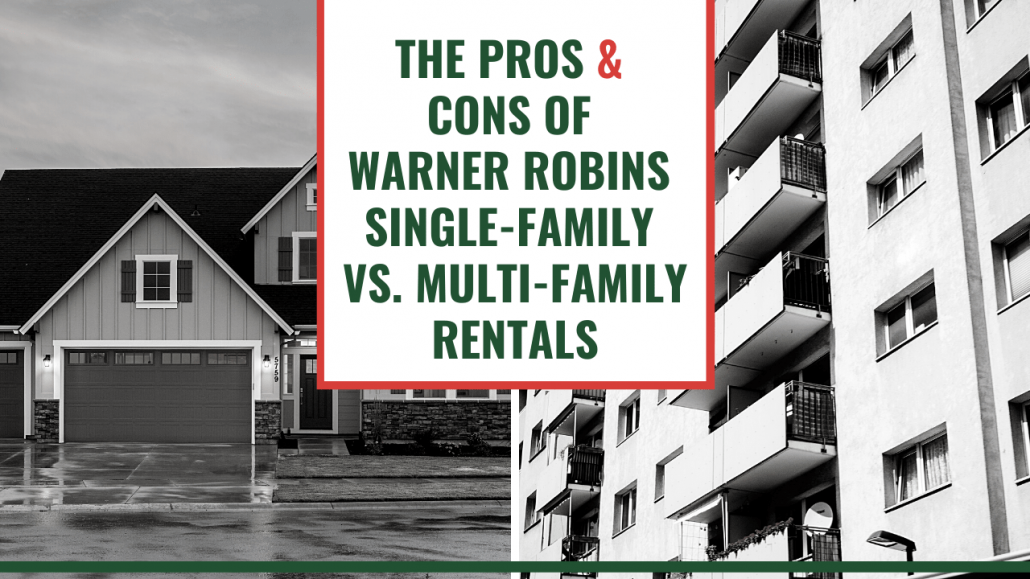
Investors have a lot of decisions to make during the acquisition process. In Warner Robins, you’ll be able to select a property in one of the many unique neighborhoods and communities in the area. There are single-family homes, multi-family buildings, duplexes, townhomes, condos, and small apartment buildings. There’s a lot of possibility.
There are pros and cons to single-family homes and multi-family units. Deciding which is right for you will depend on your investment goals, the amount of risk you’re willing to tolerate, and the amount of responsibility and interaction you want to have with your management team and your tenants.
Single-Family Homes and Earnings
A single-family home is always a great investment option because highly qualified tenants enjoy renting them. The tenants you attract with a well-maintained single-family home in a good location will want stability, and they’ll probably take care of the home just like it’s their own. You can expect them to stay in place for more than a year, and they’ll be attentive to taking care of the home.
Cash flow is easily achieved with single-family properties because they usually rent for more money than multi-family homes or apartment units. The returns are also more reliable in both the short term and the long term. You’ll earn higher rents and your investment will also increase in value faster and more reliably than a multi-family home.
Avoiding Vacancy Risk with Multi-Family Properties
There’s less vacancy risk when you invest in multi-family properties. Owning a single-family home means having one source of rental income. If that tenant falls behind on rent or suddenly moves out, you’re left without any income. However when you have a handful of tenants paying you rent in a multi-family property, you can withstand the cost of vacancy and turnover without completely losing your cash flow. This is one of the main benefits to investing in multi-family property.
Utility Costs and Multi-Family Units
With single-family homes, it’s easy enough to require your tenants to set up their own utility accounts. They have their own electricity, gas, water, and trash services and you can require in the lease that they set up those accounts before they move in. The tenants will be responsible for receiving and paying the bills every month, and they may also have to pay deposits and handle turning off the utility services when they move out.
Multi-family homes are a bit different. If you’re renting out units in a building or you have a four-plex, for example, you might find it easier to pay for the utilities for the entire building. You can send tenants separate utility bills based on usage, or you can just incorporate the general cost of utilities into the monthly rental payment. In this case, you’ll maintain the accounts, receive the bills, and handle when the services are turned on and off.
Maintenance and Management Costs
 When it comes to per-unit maintenance and management costs, multi-family properties are usually the better investments. Maintaining a single-family home will often cost more, even if your property is new or in good shape. Expect to spend a little more keeping it in excellent condition.
When it comes to per-unit maintenance and management costs, multi-family properties are usually the better investments. Maintaining a single-family home will often cost more, even if your property is new or in good shape. Expect to spend a little more keeping it in excellent condition.
These are just some of the things to think about when you’re weighing the benefits and risks of multi-family versus single-family rental properties in Warner Robins. If you’d like some help deciding which would be best for you, please contact us at Fickling & Company Property Management.

